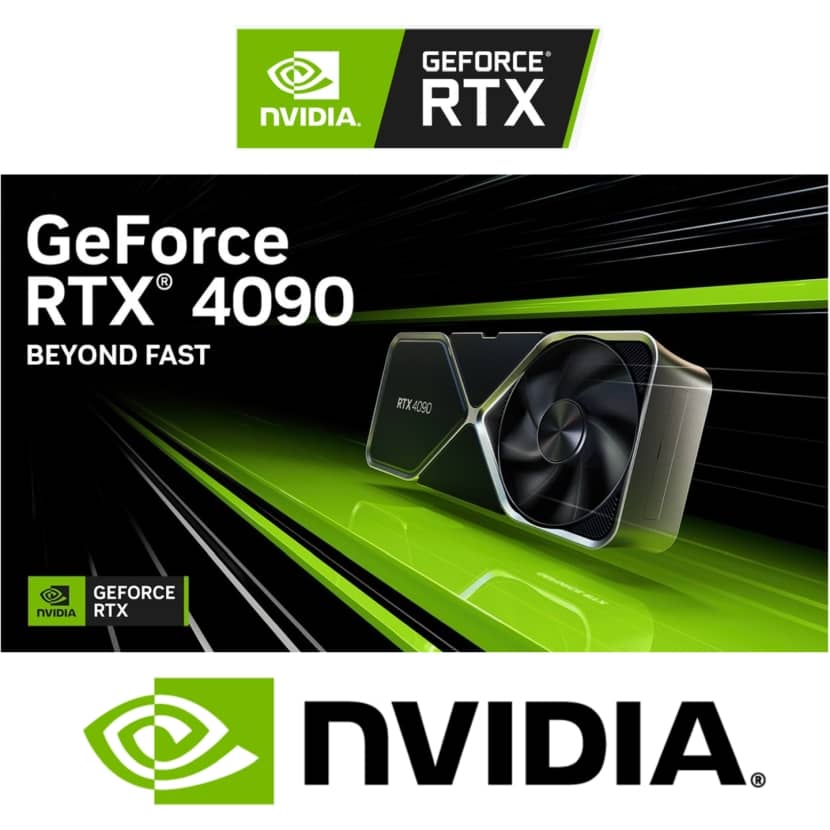
Nvidia has unveiled the GeForce RTX 4090 and 4080, the first cards in the GeForce RTX 40 Series.
The aforementioned GPUs are the company's next generation of gaming GPUs based on its new Ada Lovelace GPU architecture.
The new cards are the first consumer GPUs based on Nvidia’s new Ada Lovelace architecture, intended to provide “revolutionary performance for ray tracing and AI-based neural graphics”.
The Ada Lovelace cards also feature a new generation of CUDA cores for general-purpose GPU computing, again promising an increase of around 2x in FP32 computing performance.
A more genuinely revolutionary change is the Ada Lovelace architecture’s new Optical Flow Accelerator, used by DLSS 3.0, the latest version of Nvidia’s Deep Learning Super Sampling technology.
Although DLSS is primarily a games technology, it does have implications for CG artists, since it is also now being adopted in visualization software like D5 Render.
The GeForce RTX 4090’s main advance over its previous-generation counterpart is its computing power: its FP32 compute performance is more than double that of the RTX 3090 (or the more recent RTX 3090 Ti).
Nvidia hasn’t confirmed its RT and Tensor core counts, but they tend to follow roughly in proportion to CUDA cores, so we would expect an increase in ray tracing performance of a similar order of magnitude.
However, at 24GB GDDR6X, the RTX 4090’s onboard memory capacity is identical to its predecessor, so there will be no increase in the maximum size of scenes that fit into GPU memory for GPU rendering.
That also means new whopping speeds on your favorite render farms, as we're sure they will soon start beefing up their GPU compartment to meet the latest industry standards!
The new cards were announced during Nvidia’s GTC 2022 conference, alongside the RTX 6000, their workstation counterpart, new server and data center GPUs, and updates to Omniverse Cloud.
Read more about the new GeForce 40 Series GPUs on Nvidia’s product website!
Enjoy watching this awesome video presentation!
Nvidia is a software and a fabless company that designs graphics processing units (GPUs), application programming interfaces (APIs) for data science and high-performance computing as well as system-on-chip units (SoCs) for the mobile computing and automotive market.
